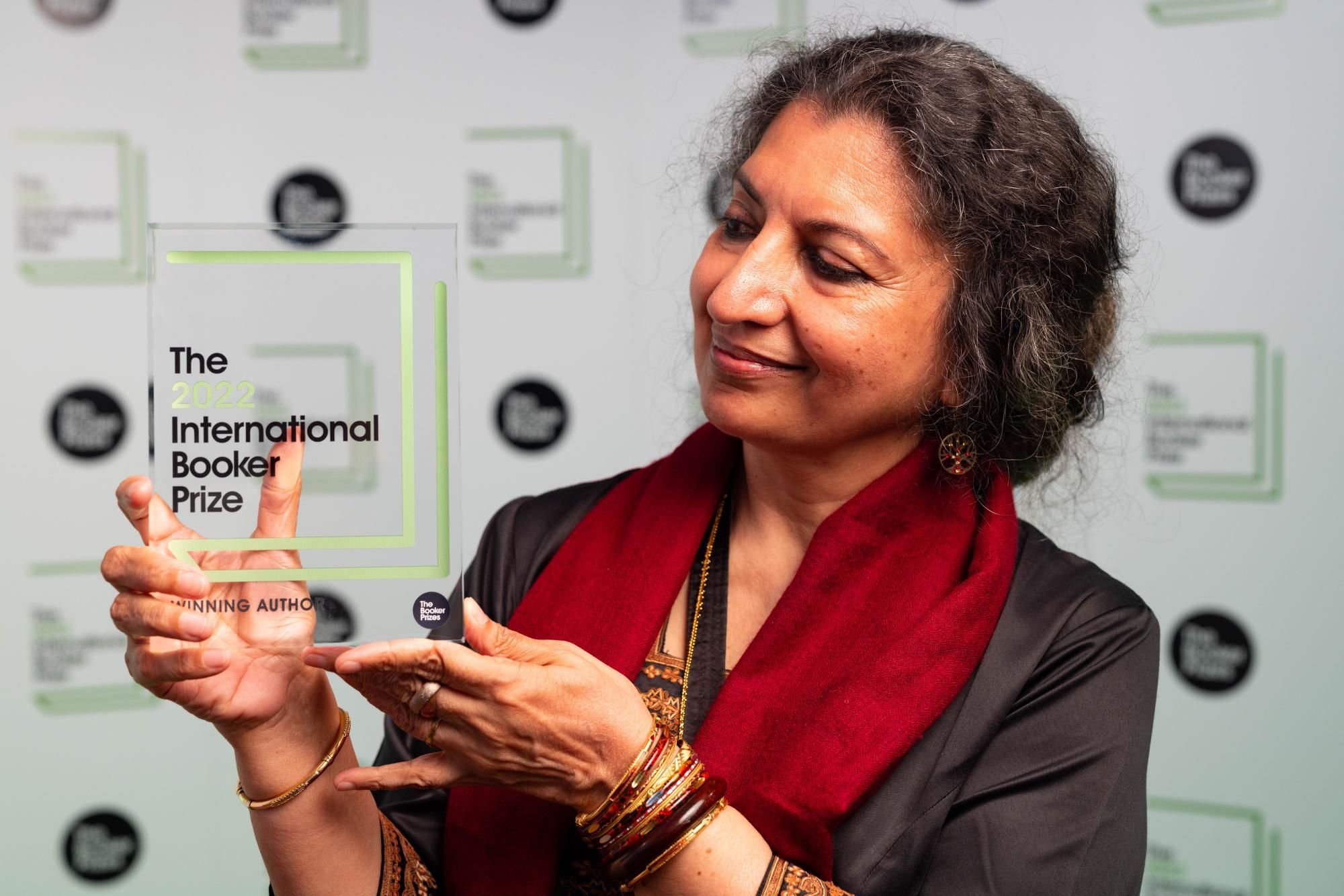While ongoing saga-mergers, chat-bots and BookTok stole the headlines, 2022 was a good year for independent publishers
If 2021 was all about Africa – a Nobel Prize for the Tanzanian-born Abdulrazak Gurnah, a Booker Prize for the South African Damon Galgut, a Prix Goncourt for the Senegalese author Mohamed Mbougar Sarr – then 2022 was a bumper year for literature from South Asia. In May, the International Booker Prize was awarded to Hindi-language author Geetanjali Shree and her translator Daisy Rockwell for Tomb of Sand, the story of a taboo-obliterating eighty-year-old Indian widow who refuses to hide herself away in her dotage, and instead embarks on a journey to Pakistan and a past she is ready to reclaim. Charming, funny and politically razor-sharp, a novel of both family division and political Partition, it is the first book originally written in any Indian language to scoop the prize.
Five months later, it was Booker time again, when the English-original version of the award went to the Sri Lankan novelist Shehan Karunatilaka for The Seven Moons of Maali Almeida, a comparably amusing and politically engaged tale of a dead war photographer forced to negotiate the afterlife and seek justice for a crime committed back on Earth. The novel takes us back to 1990: one of the bloodiest periods in the devastating civil war that only ended in 2009.
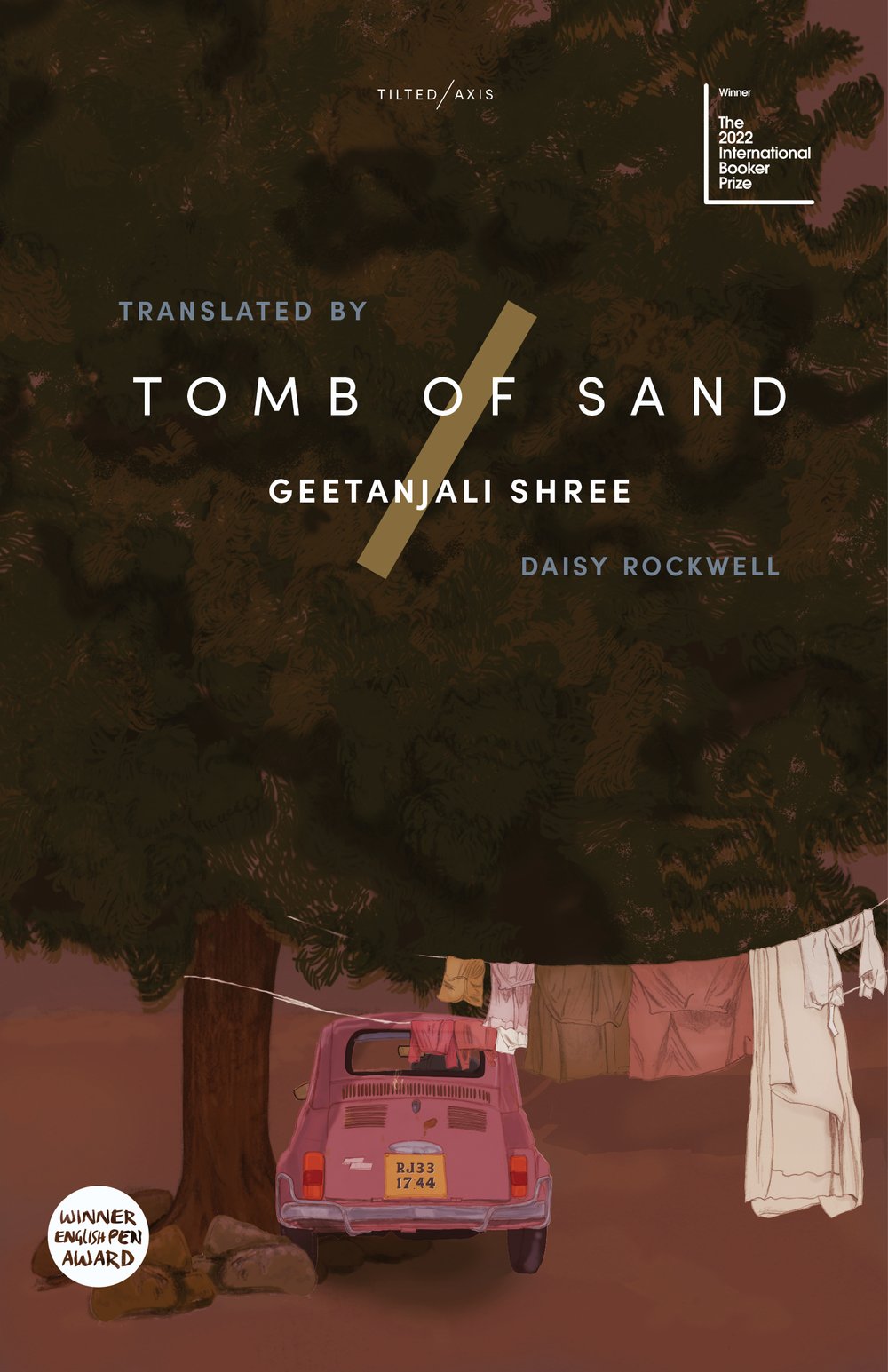
In a year when the publishing behemoths doubled down on doubling up – a planned $2.2 billion merger of the already agglomerated Penguin Random House with its rival Simon & Schuster was last month blocked by the US Department of Justice on competition grounds – these twin Booker triumphs were also great news for small presses, and a reminder that some of the most innovative and satisfying fiction is currently being produced by tiny, cash-strapped outfits willing to take the risk. Tomb of Sand is published by the independent Tilted Axis Press – an enterprise founded by Deborah Smith with money from her own Booker International win in 2016 as the translator of Han Kang’s The Vegetarian; The Seven Moons is published by Sort Of Books, who picked up an earlier version of the novel that had appeared in India in 2020. Despite the author’s pedigree and the considerable success of his (originally self-published) debut novel, Chinaman (2010), Karunatilaka had been struggling to attract international interest for his latest book.
There was yet more good news for small presses when the French author Annie Ernaux received the illustrious phone call from the Nobel Prize committee in October. Ernaux was recognized for the ‘courage and clinical acuity with which she uncovers the roots, estrangements and collective restraint of personal memory’ – warts, cinq à sept affairs and all. It was another triumph for her UK publisher, Fitzcarraldo Editions, which has extraordinary form in bringing foreign-language authors to an English-speaking audience and then watching on as they become globally renowned. This was the third time in eight years that a Fitzcarraldo author had been en-Nobelled, following wins for Svetlana Alexievich in 2015 and Olga Tokarczuk in 2018.
One oft-tipped author who sadly won’t make Nobel history is Javier Marías, who died of pneumonia in September aged 70. A titan of Spanish literature, Marías left behind a body of work notable for its doubles and disguises, intricate plotting and postmodern playfulness. His final novel, Tomás Nevison, is set to appear in English in the spring. Also in September, the literary world found itself mourning Hilary Mantel, who died aged 70 following a stroke. The author had been planning a move from Devon to Ireland, and her devotees were eagerly anticipating what she might conjure up next, following the incredible success of her Thomas Cromwell trilogy. Other sad losses in 2022 included the children’s author Shirley Hughes, the essayist P. J. O’Rourke and the Israeli provocateur A. B. Yehoshua – though readers joined for a collective sigh of relief following the recovery (albeit slow and partial) of Salman Rushdie from a dreadful attack in which he was stabbed four times while giving a public lecture in New York. This outrage was the culmination of the decades-long fatwa placed on Rushdie’s head by Ayatollah Khomeini – a pronouncement that had already led to the murder of Rushdie’s Japanese translator, along with near-fatal assaults on his Norwegian and Italian publishers, and a deadly arson attack at a literary festival in Turkey. As protests continue to erupt against the Iranian theocracy in Tehran, the fatwa remains very much in place.
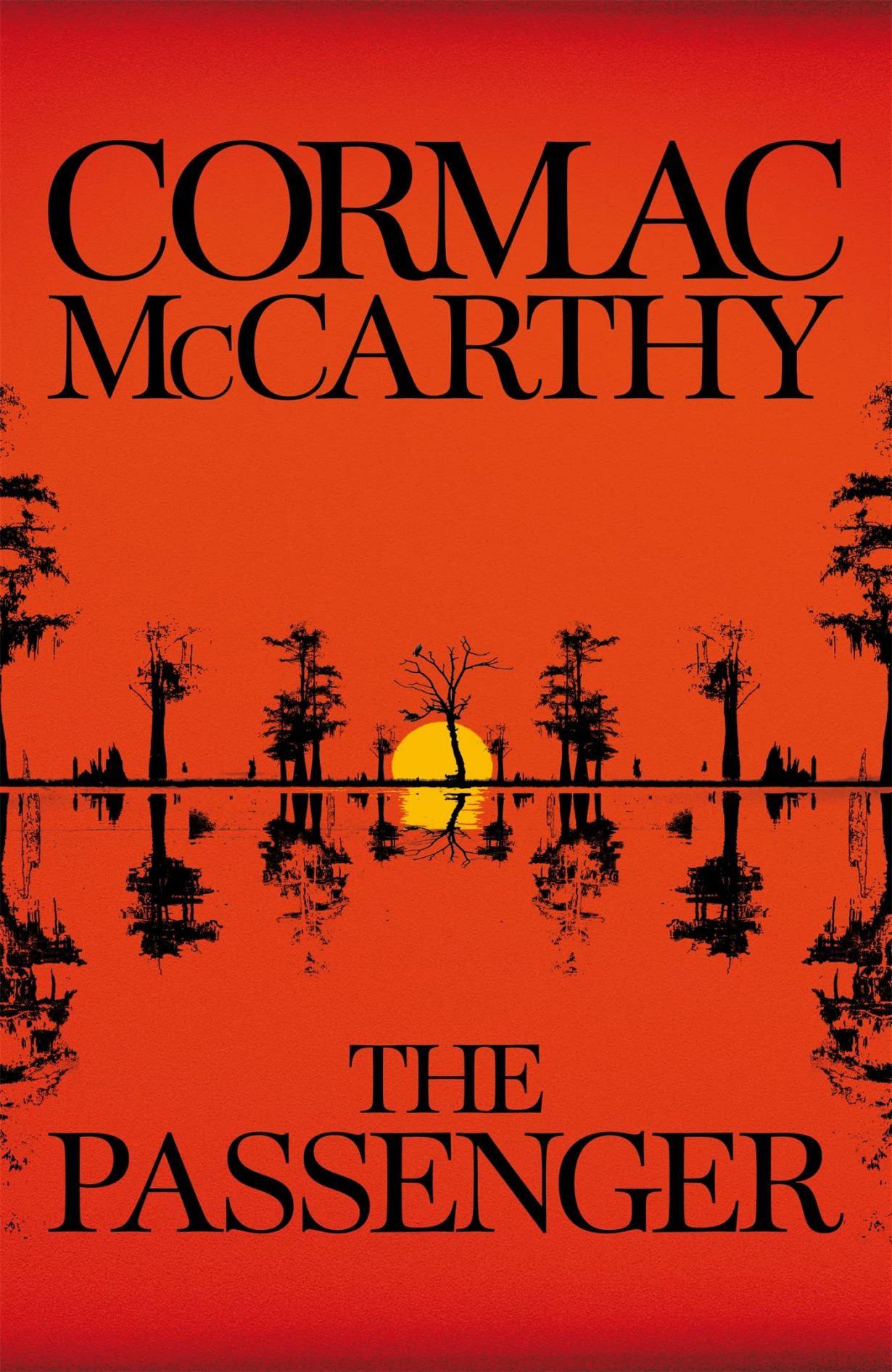
Rushdie’s latest novel, Victory City, is due out in February. Despite everything he’s faced, he remains a literary force to be reckoned with. So, too, do his fellow Granta Class of 83 novelists Julian Barnes and Ian McEwan, both of whom had new novels out in 2022 (as, indeed, did fellow graduates Christopher Priest, William Boyd and Maggie Gee, while A. N. Wilson produced a memoir). Barnes’s Elizabeth Finch is a minor-key work, concerning the relationship between an erudite and sharp-tongued ‘independent scholar’ and her starry-eyed middle-aged pupil. McEwan’s Lessons is a weightier achievement and the author’s best novel in a very long time. It concerns another tutor-student relationship, this one scarred by exploitation and abuse. At a boarding school in the early 1960s, a teenage boy is seduced by his piano teacher. Against the backdrop of politically tumultuous times, McEwan traces the ensuing half-century as the boy grows up and old, and renegotiates his past. Across the pond, Cormac McCarthy (now aged 89) broke a sixteen-year literary silence to produce two adjacent, atomic bomb-shadowed works, The Passenger and Stella Maris. Then J. M. Coetzee brought out his new novel – in Spanish translation, as a political decision against the ‘cultural gatekeepers’ of the anglophone world. The English-language version will have to wait until next year.
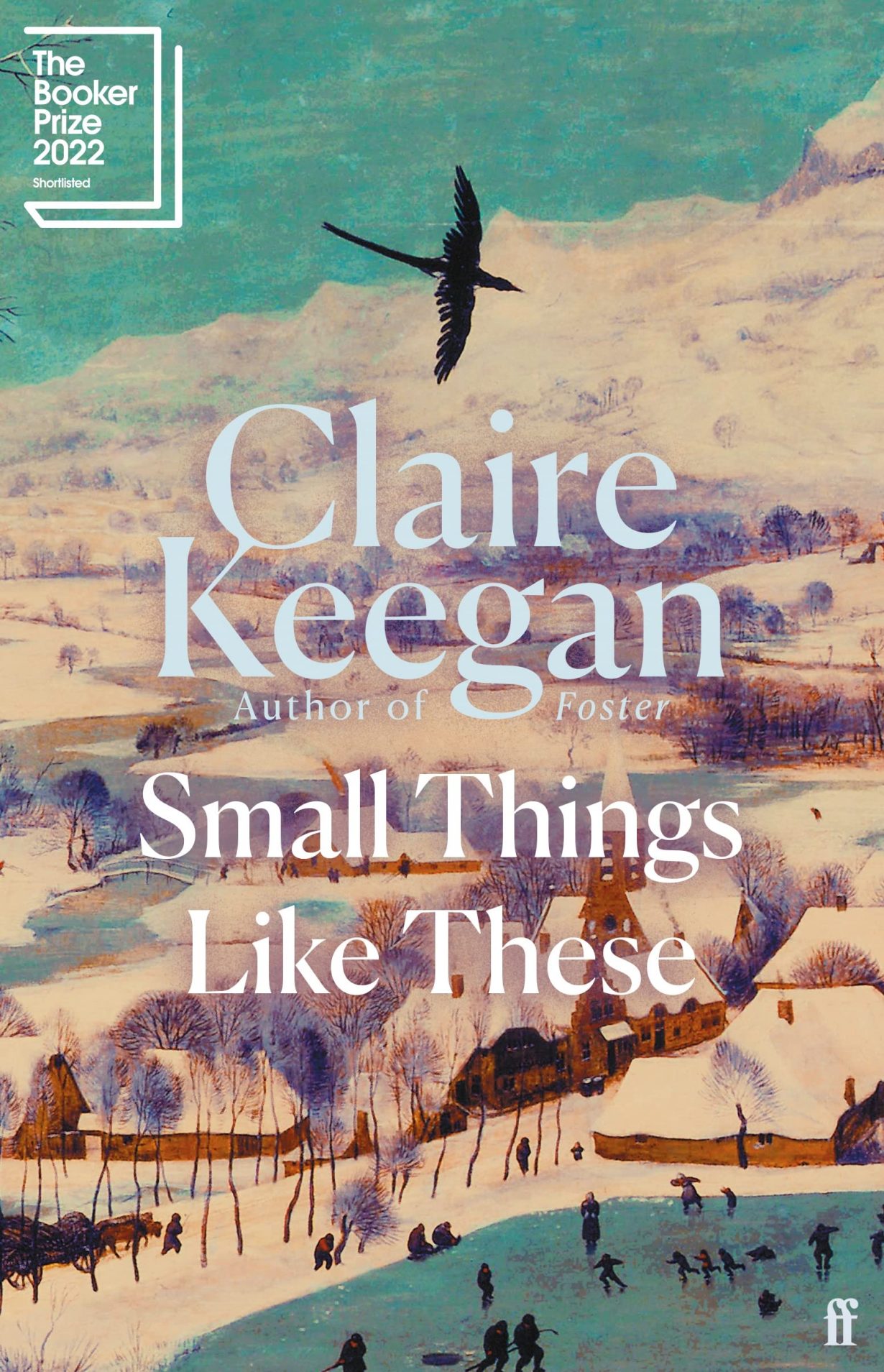
As for my own highlights: 2022 was the year of Claire Keegan, whose extraordinary novel Small Things Like These was shortlisted for the Booker. Taut, poised and shimmering with crystalline beauty, each sentence perfectly weighted and freighted, it concerns a local fuel merchant in mid-1980s Ireland who discovers a teenage girl locked up in the coal shed of a Catholic convent. The man is then faced with the dilemma of whether to return her to the Church. To celebrate the Booker nod, Keegan’s publisher, Faber, also re-released her wonderful novel Foster (2010), a companion piece of sorts, also set in 1980s Ireland. Foster features a girl from an impoverished rural family who is sent to stay with a slightly better off farming couple over the summer, while her mother has yet another baby. In this new house, she is treated with a tenderness that bewilders her. Keegan is a serious talent and I’m delighted she’s becoming better known.
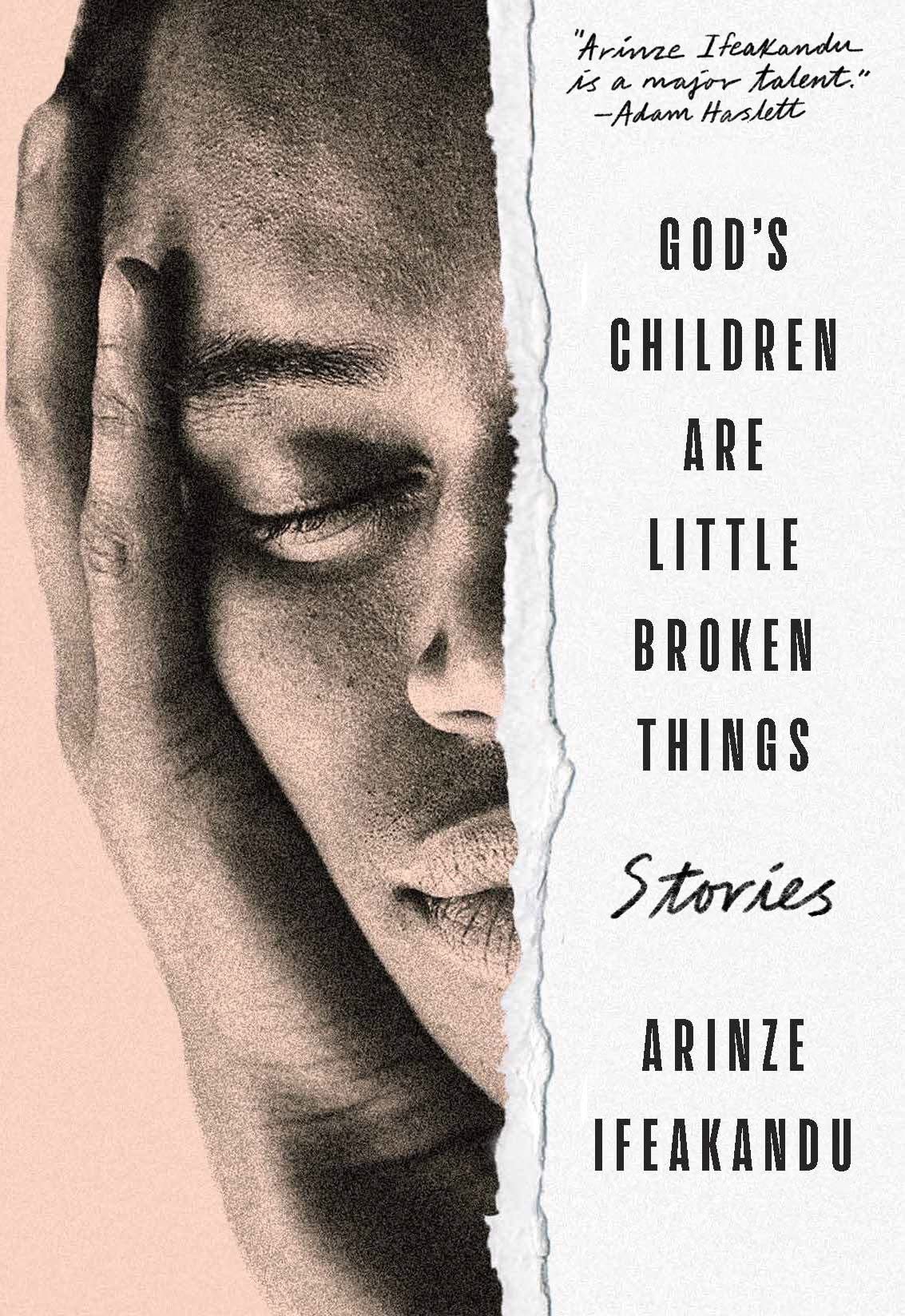
In terms of debuts, I was most impressed by a collection of stories by the Nigerian author Arinze Ifeakandu. God’s Children Are Little Broken Things offers a tender and devastating window on to gay love in a country where homosexuality is both socially taboo and legally punishable by fourteen years in prison. These are tales of concealment and subterfuge, contrasting versions of masculinity, in a prose that is passionate, subtle and unillusioned.
But forget about mere authors for a moment, because 2022 was also the time of BookTok, last month named FutureBook’s ‘Person of the Year’ for its services to literature in spreading the good word(s). Dubbed the ‘last safe place on the internet’, BookTok has this year evolved into an enormously popular and influential forum for readers to discuss, critique and share tips on all things literary. A new frontier also awoke from uneasy dreams when OpenAI released their ‘natural language’ chatbot, ChatGPT, on November 30. ChatGPT is capable of generating legal letters, academic essays and really quite plausible, if somewhat wooden, poetry and stories, to any specifications of your choosing. It will surely get better over time. Agents and publishers take note. The Nobel surely beckons.
